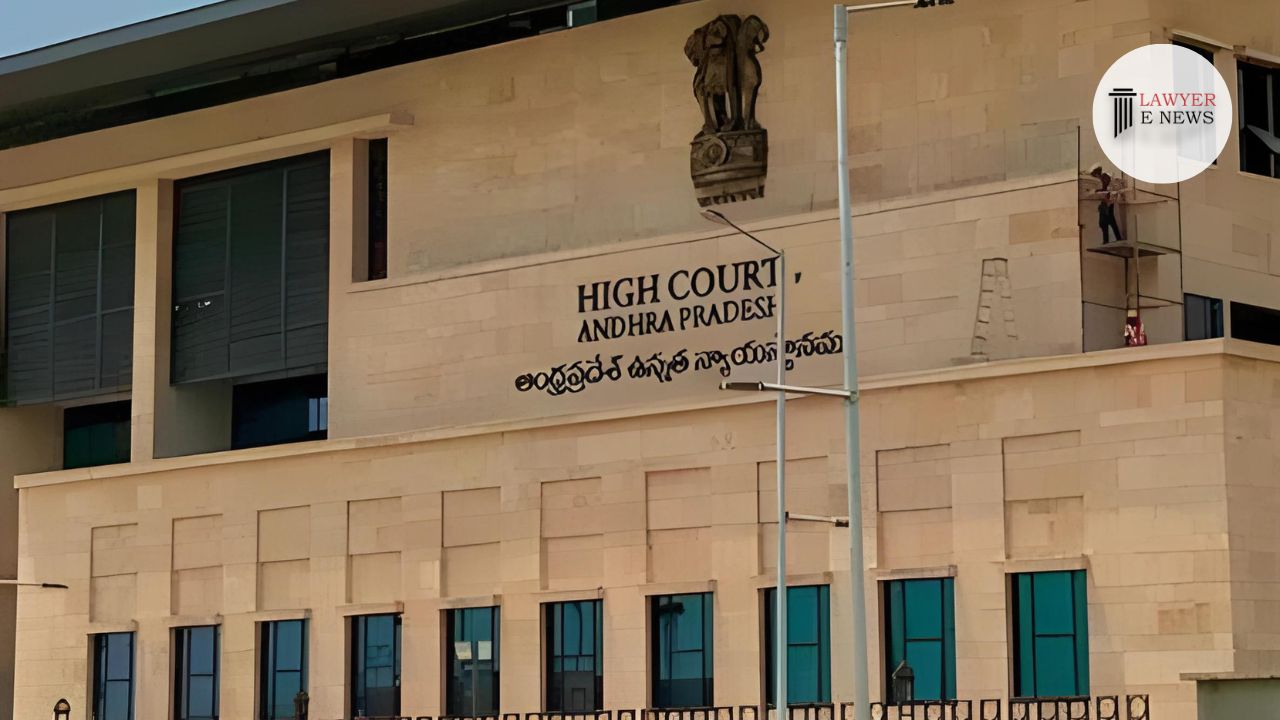-
by Admin
15 February 2026 2:36 AM



Court’s Orders on Awarding Marks Must be Followed Strictly: Failure to Comply Will Invite Punishment. Andhra Pradesh High Court in C.S. Mahesh Babu & Others v. Sri M.T. Krishna Babu & Others (Contempt Case No. 1141 of 2020) ruled that the Andhra Pradesh State Road Transport Corporation (APSRTC) had willfully violated the Court’s order regarding awarding marks for recruitment. The Court imposed a fine on the second respondent, the Regional Manager of APSRTC, for failing to comply with the earlier directions.
The case involved petitioners who had completed apprenticeships with APSRTC and applied for posts of Shramik under a 2010 recruitment notification. The recruitment process gave weightage to candidates with a National Apprenticeship Certificate, but the petitioners had only a National Trade Certificate. When their applications were rejected, the petitioners approached the High Court in 2012, which directed APSRTC to award marks based on their National Trade Certificates. APSRTC did not comply with this order, leading the petitioners to file contempt cases in 2020.
The core issue was whether APSRTC had violated the Court’s order by not awarding marks to the petitioners based on their National Trade Certificates.
APSRTC contended that the National Apprenticeship Certificate, not the National Trade Certificate, was required for awarding marks. They also argued that even if 30 marks were awarded, the petitioners would not reach the cutoff for appointment. Furthermore, all vacancies had already been filled, and reopening the process would be impossible.
However, the High Court rejected these arguments, stating that its previous order was clear: marks had to be awarded based on the National Trade Certificates, and APSRTC could not arbitrarily deny them. The Court also criticized APSRTC’s claim that awarding 30 marks would not suffice, calling it “specious reasoning,” as the maximum possible score remained 100.
Justice R. Raghunandan Rao ruled that APSRTC’s failure to comply with the Court’s previous order amounted to contempt. While noting that the second respondent had recently undergone medical treatment, the Court imposed a fine of ₹2,000, with the condition that failure to pay would result in two weeks of simple imprisonment.
The Andhra Pradesh High Court held APSRTC in contempt for non-compliance with its earlier order on apprentice recruitment and fined the responsible official. The judgment reaffirmed the Court’s authority in ensuring that its orders are followed without arbitrary reinterpretation by the parties involved.
Date of Decision: October 4, 2024
C.S. Mahesh Babu & Others v. Sri M.T. Krishna Babu & Others
